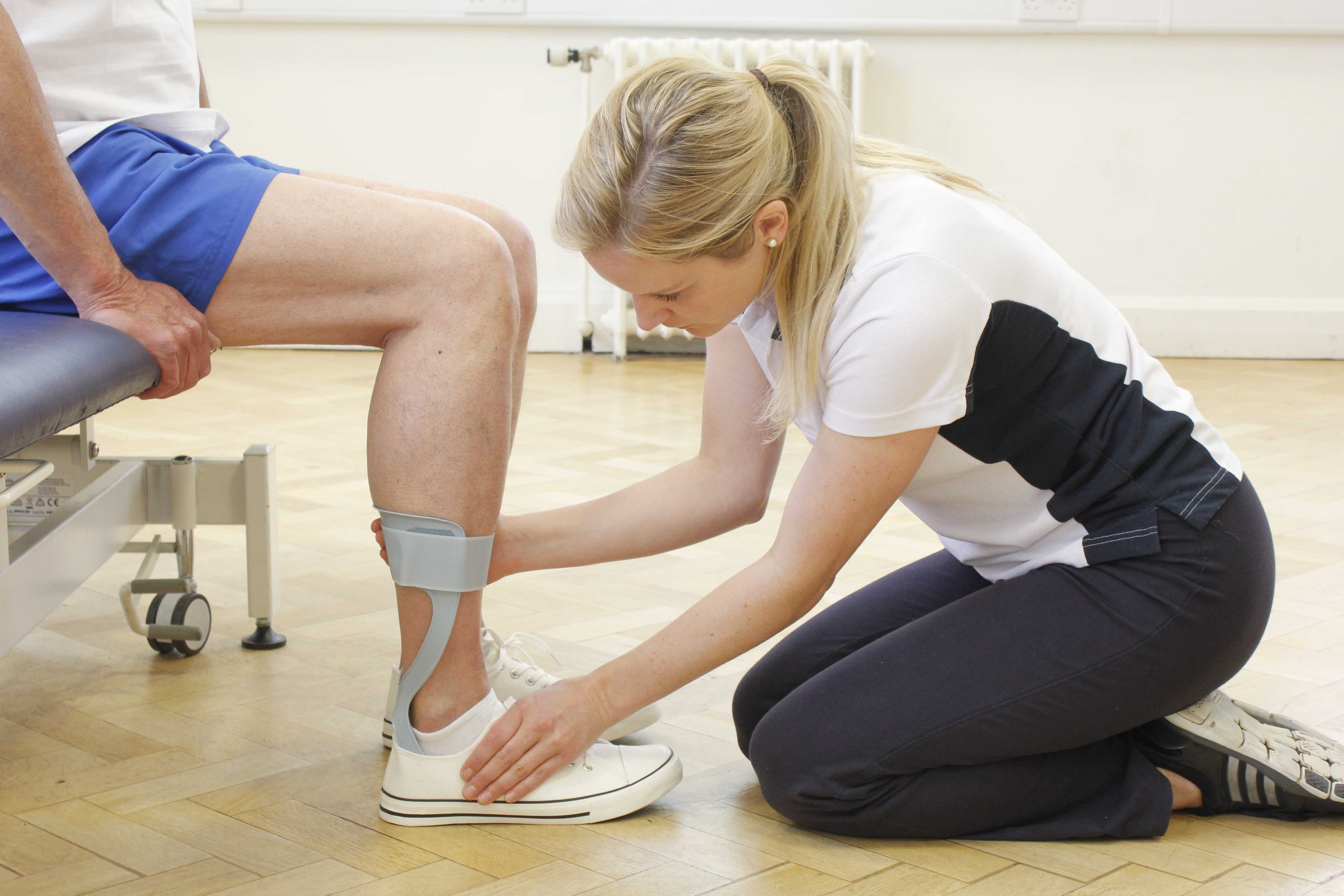What is myotonic dystrophy?
Myotonic dystrophy is an inherited neurological condition that causes progressive muscle weakness, muscle spasm, cataracts, cardiac abnormalities and endocrine disturbances. Myotonic dystrophy can present at birth (congenital) or develop in childhood and adulthood. Myotonic dystrophy is the most common form of muscular dystrophy in adults. Symptoms and severity of myotonic dystrophy differ from other types of muscular dystrophy because it mainly affects the muscles in the face, jaw, neck, and hands causing weakness and stiffness.
What causes myotonic dystrophy?
Myotonic dystrophy is a dominant inherited disorder caused by a mutation (change) in the gene responsible for the protein kinase. In people with myotonic dystrophy, the sequence of DNA that makes up the gene is repeated too many times. Sometimes, the mutation can be quite small and only cause mild symptoms. However, in other cases, the sequence can be repeated several thousand times, causing more severe symptoms.
 Above: Physiotherapist fitting an ankle orthotic to prevent foot drop during mobilisation
Above: Physiotherapist fitting an ankle orthotic to prevent foot drop during mobilisationTypes of myotonic dystrophy?
Myotonic dystrophy is the most common form of muscular dystrophy in adults, although it can appear at any age. There are two types of adult-onset myotonic dystrophy which have similar clinical features but are caused by different gene mutations and include:
- Type 1 (DM1) or Steinert Disease – more severe form of myotonic dystrophy than type 2 caused by Mutations in the DMPK gene which results in
- Type 2 (DM2) or Ricker syndrome– the symptoms of this form of myotonic dystrophy are usually milder and caused by mutations in the ZNF9 gene.
Diagnosis of muscular dystrophy
Diagnosis of muscular dystrophy can be confirmed by genetic testing as well as electromyography (testing activity of muscles and nerves) and a muscle biopsy.
What are the symptoms/effects of myotonic dystrophy?
The symptoms of myotonic dystrophy vary from person to person. The most common symptoms include:
- Progressive muscle weakness and wasting. The smaller muscles, such as those in your face, jaw, neck, and hands that are affected, more so than the larger muscle groups in the legs.
- Myotonia (muscle stiffness) especially in the hands which makes it difficult to release grip from a door handle
- Cataracts (cloudy patches in the lens inside your eye),
- Disturbance of heart rhythm,
- Hormonal problems,
- Tiredness,
- Balding
- Muscle weakness, especially affecting the head and neck causing poor head control and lack of facial expression
- Breathing problems
- Difficulty swallowing
- Club foot
- Behavioural problems and learning difficulties
Physiotherapy for myotonic dystrophy
At Physio.co.uk we have specialised neurological physiotherapist who provide individualised physiotherapy treatment for babies, children and adults with myotoinc dystrophy. Our neurological physiotherapists at Physio.co.uk are experienced at treating individuals with myotonic dystrophy and will improve physical function and independence with everyday activities . Physiotherapy will aim to:
- Maximise physical potential
- Maximise respiratory function
- Prevent soft tissue shortening
- Maximise motor development and milestones
- Maintain muscle strength in order to delay muscle wastage
- Improve postural stability
- Improve independence
- Improve quality of life
Physiotherapy for babies with myotonic dystrophy
Physiotherapy treatment for babies with myotonic dystrophy will commence shortly after birth and will be centred around:
- Improving breathing to maximise lung function
- Helping jaw and lip weakness
- Encouraging movement
- Facilitating postural stability such as learning how to position your child in lying and sitting to encourage appropriate postural responses
- If you child has club foot, gentle passive stretching will help realign the foot and ankle and prevent deformities. This may be used in combination with plaster casting.
Physiotherapy for young children with myotonic dystrophy
Physiotherapy treatment will help young children reach their developmental milestones such as physical achievement with sitting unaided, moving their head, crawling and walking. Physiotherapy treatment will target these milestones and any other difficulties with physical function and may include:
- Passive and active stretching to prevent soft tissue shortening
- Exercises in a supported and stimulating environment to improve muscle strength and flexibility. Using toys and mirror imaging can help keep your child motivated
- Activities to improve balance and coordination
- Exercises to improve posture in lying, sitting and standing
- Advice about supportive seating to prevent postural deformity and allow more efficient upper limb function such as gripping and writing.
- Advice about orthotics to improve standing and walking
Physiotherapy for adults with myotonic dystrophy
Physiotherapy treatment for adults with myotonic dystrophy will involve developing a structured rehabilitation programme between you and your physiotherapist at Physio.co.uk which will focus on:
- Strengthening exercises especially for the lower limb to improve mobility and gait pattern. The dorsiflexor muscles are also targeted to help lift the foot up when walking.
- Exercises to improve balance
- Breathing to reduce the risk of chest infections
- Hydrotherapy to stretch tight muscles and strengthen muscles
- Advice on orthoses to reduce the impact of foot drop and improve stability when walking.
- Advice on mobility aids such as walking sticks and wheelchairs
For more information, or to book an appointment please call 0330 088 7800

 0330 088 7800
0330 088 7800


































